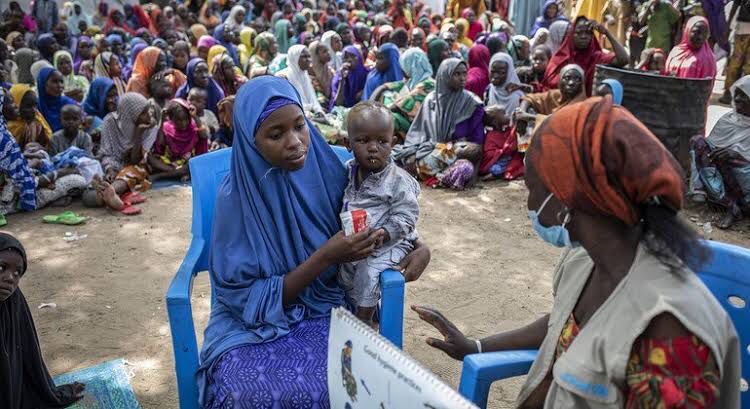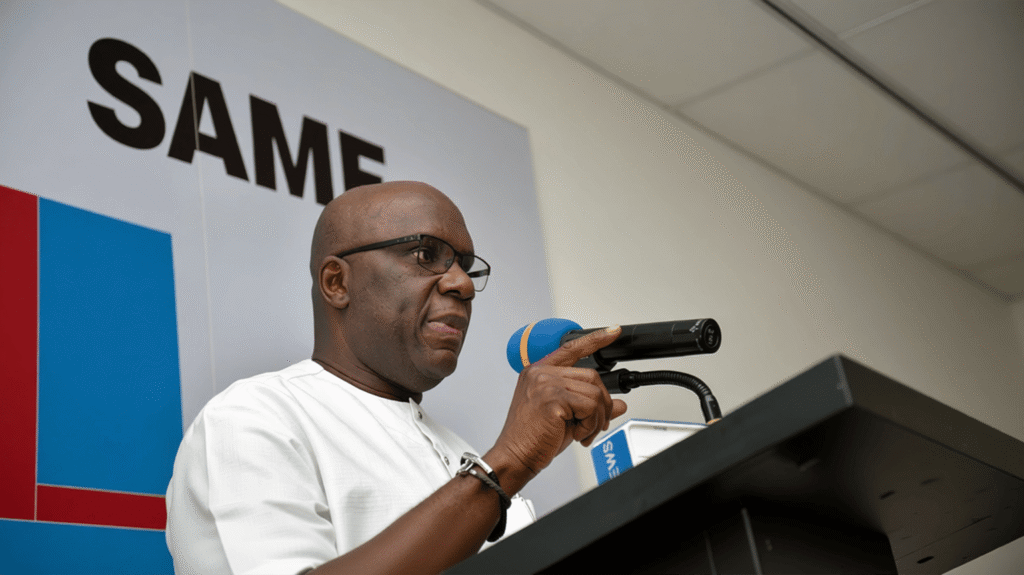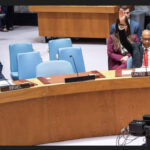4.6 Million Nigerians at Risk as Hunger Crisis Deepens in Borno, Adamawa, Yobe

Millions of Nigerians in the northeastern states of Borno, Adamawa, and Yobe (BAY) are facing a looming hunger crisis, with food insecurity expected to rise sharply during the 2025 lean season, according to the latest Cadre Harmonisé report.
The analysis, reviewed by Channels Television, indicates that approximately 4.6 million people in the BAY states could be affected by acute food insecurity between June and August this year.
This marks a significant increase from current figures, highlighting the growing humanitarian challenge in the region.
The Cadre Harmonisé 2025 report provides a national overview, revealing that over 30 million Nigerians across 26 states and the Federal Capital Territory are projected to experience acute food and nutrition insecurity at Crisis (CH Phase 3) or worse during the lean season. In the northeast, conflict, displacement, and economic shocks continue to exacerbate the situation.
“Without sustained intervention, the number of food-insecure individuals in Borno, Adamawa, and Yobe is expected to increase from 3.7 million to 4.6 million during the lean season,” the report stated. The number of people classified under Emergency (CH Phase 4) is also projected to rise from 680,000 to 1.2 million, a 43 percent increase.
Experts attribute the worsening food insecurity to several factors, including ongoing insurgency and communal clashes, economic hardship following the removal of fuel subsidies, and climate-related events such as flooding that have destroyed crops and infrastructure.
Humanitarian agencies have raised concerns over funding shortfalls, which have led to the suspension of critical health and nutrition services. In response, the Nigerian government, in partnership with the United Nations, has launched a $159 million plan to mitigate the crisis in the BAY states.
Authorities have urged immediate international support and increased funding to prevent further deterioration of the situation, warning that delayed action could result in severe malnutrition and widespread hunger in the northeast.
The Cadre Harmonisé analysis serves as a crucial tool for policymakers and humanitarian actors to mobilise timely interventions aimed at averting one of the most serious food crises in recent Nigerian history









